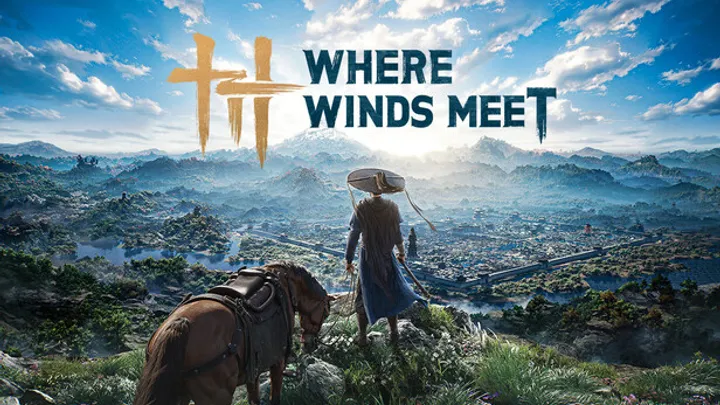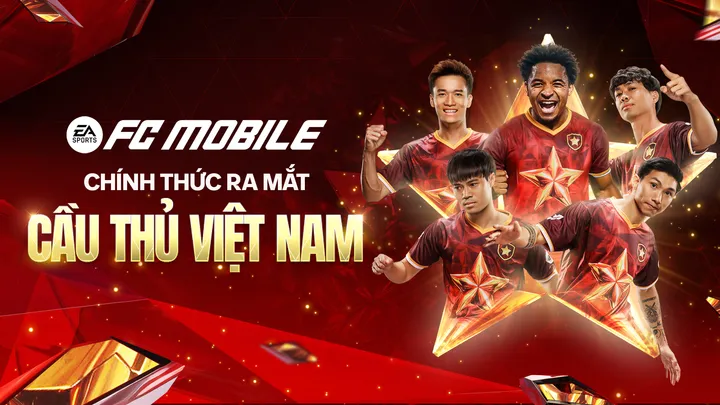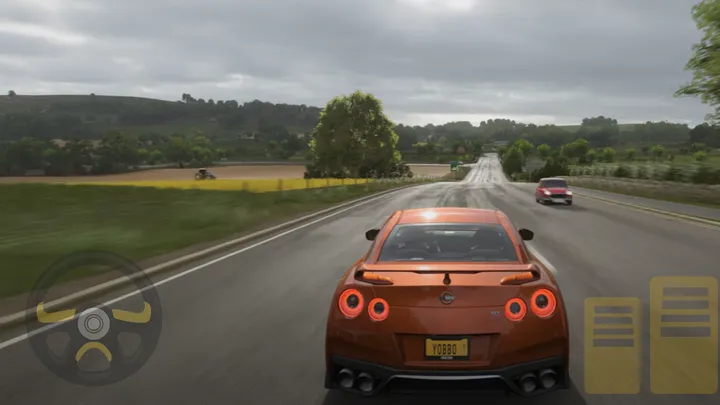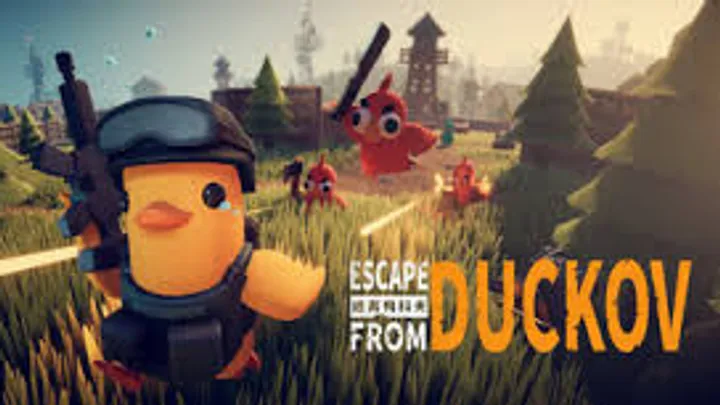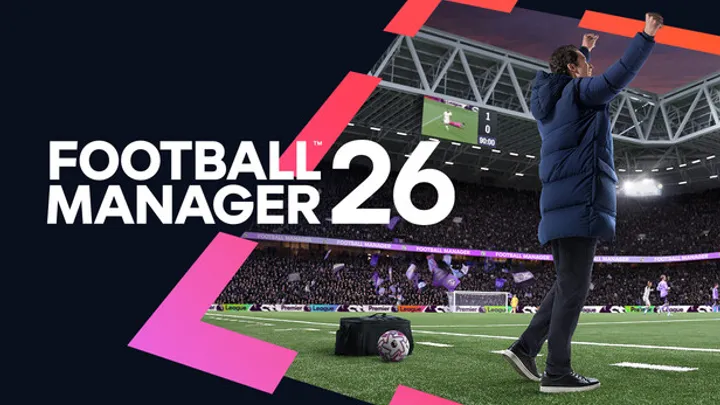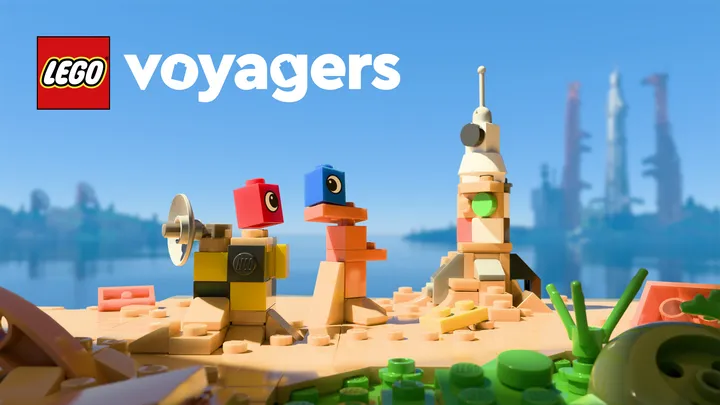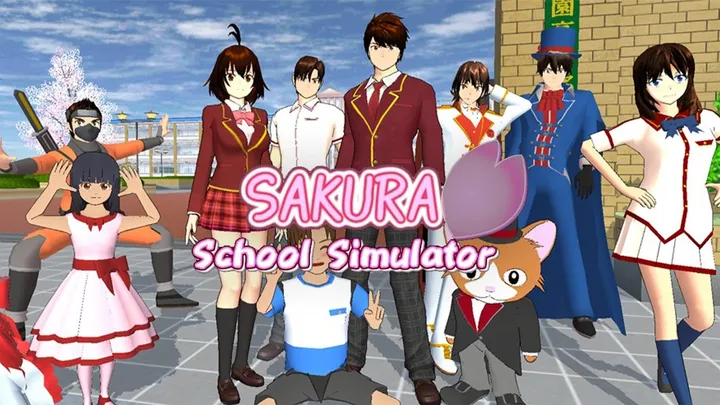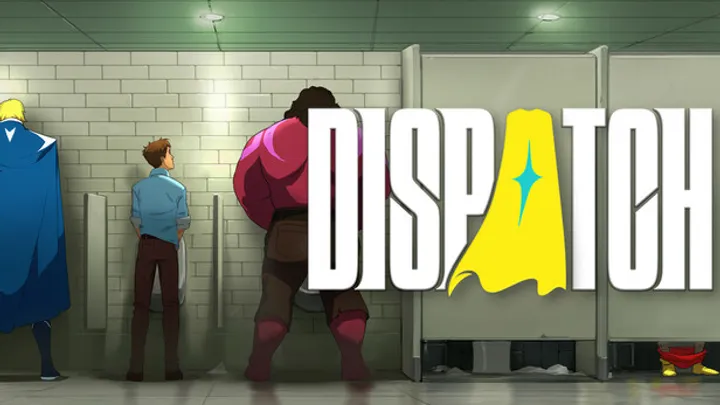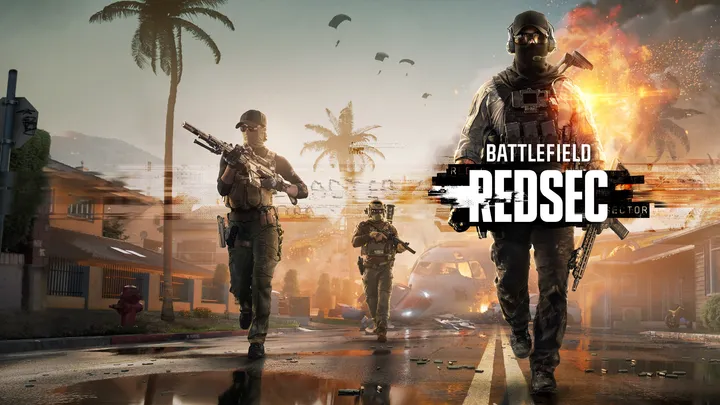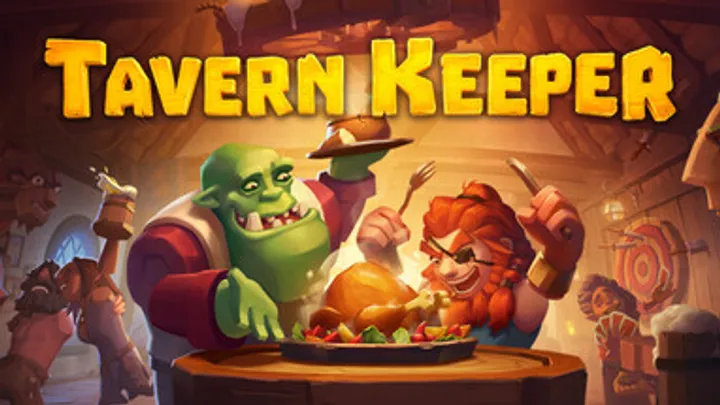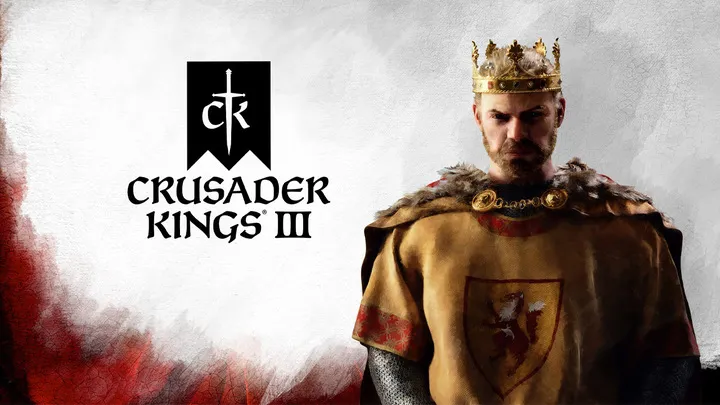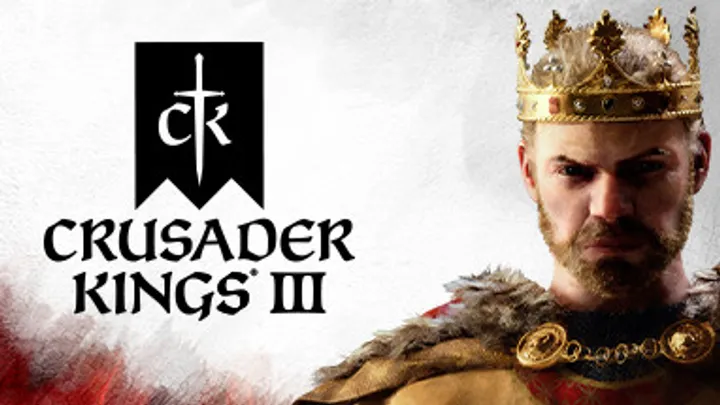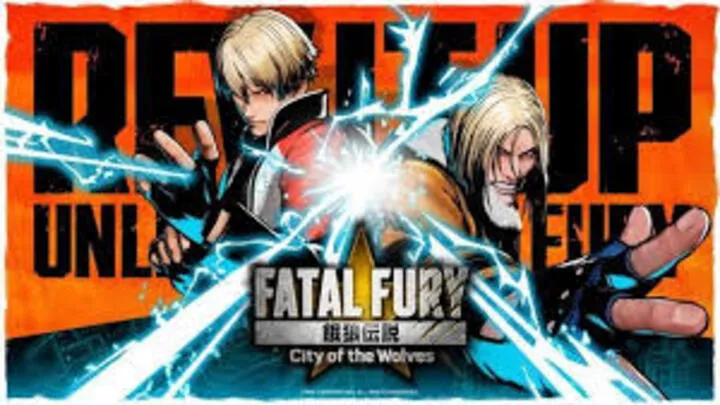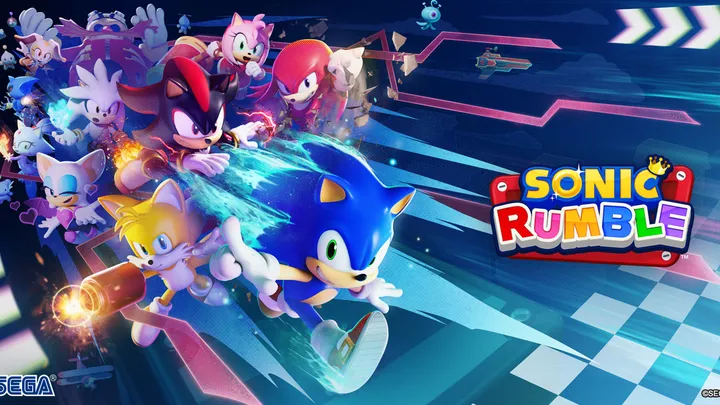Introduction
In the world of gaming narratives, few elements resonate as profoundly as the theme of fatherhood, particularly in the context of loss, redemption, and growth. God of War Ragnarök deepens the exploration of these themes introduced in its predecessor, God of War (2018), emphasizing the relationship between Kratos and his son, Atreus. This article delves into the complexities of their father-son relationship, examining how it reflects the struggles of masculinity, emotional vulnerability, and the navigational challenges posed by fate and destiny. By dissecting the narrative and character development, we will uncover the layers of meaning behind Kratos and Atreus's journey, ultimately highlighting the evolution of fatherhood within the game's framework.
The Premise of Legacy and Burden
Defining Legacy in God of War
Legacy is a significant concept throughout the God of War series, particularly regarding Kratos’s tumultuous past. As a figure marked by violence and rage, Kratos grapples with the lessons he imparts to Atreus. In Ragnarök, the burden of legacy is illustrated not just through Kratos's past deeds but also through Atreus's emerging identity as Loki and the implications that carry within Norse mythology.
The Weight of Expectations
Atreus, having been raised by a father embodying traits of a warrior, faces the societal expectations of what it means to be the son of Kratos. This is further complicated by his lineage as a demi-god and the prophecy that suggests he might become a figure of destruction. This weight of expectations persists throughout their journey, influencing Atreus’s decisions and actions as he seeks his own identity separate from Kratos's legacy.
Kratos's Fears
Integral to this theme is Kratos's fear of perpetuating a cycle of violence. The mistakes of his past loom large as he endeavors to protect Atreus from a similar fate. His internal struggle manifests as a constant tension in the narrative, revealing a father who is both fierce protector and weary mentor.
The Nature of Fatherhood: Fear and Protection
A Dual Responsibility
As a father, Kratos embodies the dual responsibilities of protection and guidance. His protective instincts are pronounced, often leading him to be overly cautious. His fear of Atreus’s potential to become a harbinger of destruction amplifies his attempts to shield the boy, often resulting in conflict between them.
The Guardianship Dynamic
This protective instinct often clashes with Atreus’s burgeoning rebelliousness and desire to forge his own path, leading to poignant conflicts that serve to highlight their respective growth. The game portrays Kratos’s attempts to balance this guardianship—a dynamic that further complicates their relationship.
Emotional Vulnerability
As Kratos grapples with his complicated emotions, the game invites players into a more vulnerable side of the character. Moments of raw interaction between father and son reveal the greater emotional depth of their bond, reminding players that even the mightiest warrior can experience fear and uncertainty when it comes to family.
Crossing Paths: Destiny vs. Free Will
The Role of Prophecies
In Ragnarök, the presence of prophecy looms large, impacting the characters’ choices and lives. Atreus discovers his identity as Loki and the responsibilities that come with it, presenting a tension between destiny and free will. The prophecies regarding his future conflict with Kratos’s desire to allow Atreus the freedom to choose his own path.
Choices Shaping Identity
Throughout their journey, the game places Atreus in situations where he must make choices that reflect his individuality. Whether facing moral dilemmas or dangerous encounters, these moments serve to highlight the friction between preordained futures and the autonomy to shape one’s destiny.
Kratos’s Reluctance
Kratos's reluctance to embrace the notion of destiny contrasts with Atreus's curiosity about it. This thematic rift emphasizes their differing viewpoints—Kratos is burdened by experiences that have shaped his existence, whereas Atreus is at a juncture where he yearns to explore and understand his own identity.
Emotional Resonance: Conflict and Connection
Conflict as a Driver
The conflicts between Kratos and Atreus become central to the narrative, often arising from deeply rooted emotional undercurrents. These tensions reflect the broader struggles of their relationship: Kratos fights not just against external foes but against his own inability to fully communicate with Atreus.
Moments of Disconnection
Throughout Ragnarök, the emotional disconnection often manifests in heated exchanges, showcasing their differing perspectives on bravery, legacy, and independence. These moments carry significant weight, illustrating how communication barriers can complicate even the strongest of bonds.
Bonds Forged in Adversity
Yet, through adversity, moments of connection emerge. The pair’s experiences together, particularly in the face of formidable foes, illustrate the merging of their destinies. The collaborative nature of gameplay allows players to witness the evolution of their bond through shared struggles and triumphs.
The Evolution of Atreus: From Boy to Hero
Coming of Age
Atreus's journey in Ragnarök is emblematic of a coming-of-age experience, marked by self-discovery and transformation. As he learns more about his own identity, particularly his connection to other mythological figures, he begins to step out from Kratos's shadow, asserting his independence.
Embracing His Heritage
His gradual acceptance of his heritage as Loki propels him into a realm of responsibilities, both to himself and to those around him. Atreus wrestles with the implications of power, morality, and purpose, seeking to understand his role in shaping the world around him.
A New Kind of Strength
As Atreus grows, so does his desire to take on new challenges—whether through combat, empathy, or leadership. His character arc underscores the theme that strength is not merely physical but also found in wisdom, compassion, and understanding.
The Role of Female Characters: Balance and Influence
The Women of Ragnarök
God of War Ragnarök presents numerous strong female characters whose influences serve to balance the male-centric narrative. Characters like Freya and Angrboda provide critical perspectives on motherhood, strength, and resilience, enriching the overall story arc.
Freya’s Tragic Journey
Freya's transformation from ally to adversary showcases the complexity of grief and its ability to reshape relationships. Her journey reflects themes of loss, vengeance, and ultimately, healing. The tension between her desire for revenge against Kratos for the death of her son Baldur and her capacity for forgiveness serves to illustrate the multifaceted nature of motherhood.
Angrboda's Role
Angrboda, introduced as a potential romantic interest for Atreus, brings her own narrative weight. Her connection to Loki offers a new dynamic that challenges traditional portrayals of female characters in gaming, reinforcing themes of agency and power. Through her, Atreus learns from another strong figure, showcasing the importance of diverse influences in shaping one's identity.
The Impact of Choice: Player Agency and Its Consequences
Player Choices Shape the Narrative
The game's design allows for varied player agency, impacting character development and the overall narrative arc. Choices made during pivotal moments influence Atreus's growth, fostering a sense of ownership over his journey.
Decisions with Weight
The consequences of decisions are not merely cosmetic; they extend to the relationships between characters, reflecting the idea that one's actions can resonate far beyond immediate contexts. As players navigate through moral dilemmas, they observe how their choices affect the familial bond at the core of the game.
The Ripple Effect
By allowing players to engage in these choices, Ragnarök emphasizes the interconnectedness of relationships. Each decision serves as a reminder that actions, whether good or detrimental, can create a ripple effect, potentially shifting the balance of power and emotional ties between characters.
The Closing Arc: Acceptance and Growth
Resolving Conflict
As the story culminates, themes of acceptance and growth resonate profoundly. Kratos and Atreus confront their past conflicts, ultimately finding common ground as they reconcile their differences. This resolution reflects the potential for healing relationships and overcoming inherited burdens.
Embracing New Paths
With Ragnarök, players witness both characters embracing their identities in a more profound way. Kratos evolves from his protective role to one of mentorship, allowing Atreus to forge his own path. This evolution symbolizes acceptance—the notion that while legacies cast long shadows, they can also lead to new beginnings.
The Future of Their Legacy
The game concludes with a sense of hope. Atreus’s journey toward self-discovery and Kratos’s evolution as a father suggest that the pair has begun to redefine their legacy, one characterized by growth, understanding, and mutual respect.
Conclusion
God of War Ragnarök serves as a rich narrative exploration of fatherhood, weaving themes of legacy, fear, and growth into a compelling tapestry. Through the relationship between Kratos and Atreus, the game delves deeply into the complexities of familial bonds, offering a nuanced portrayal of masculinity and emotional vulnerability. As the duo navigates their intertwined destinies against a backdrop of prophecy and legacy, players are invited to reflect on the importance of connection, the impact of choices, and the evolution of identity. In the end, the lessons learned resonate beyond the screen, fostering a deeper understanding of what it means to be a father, a son, and an individual on a journey toward self-discovery.

